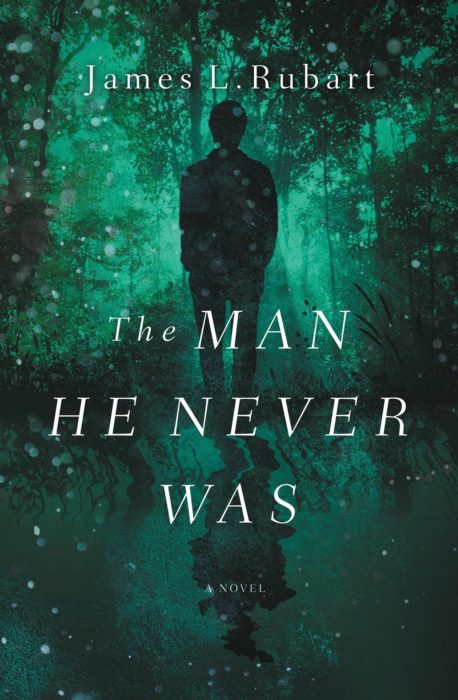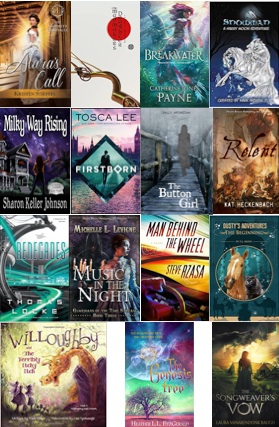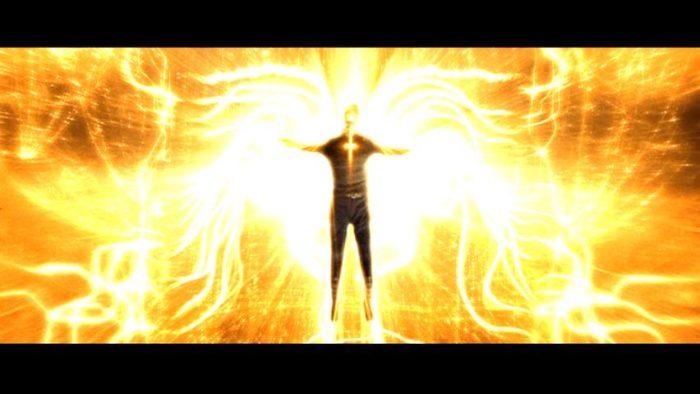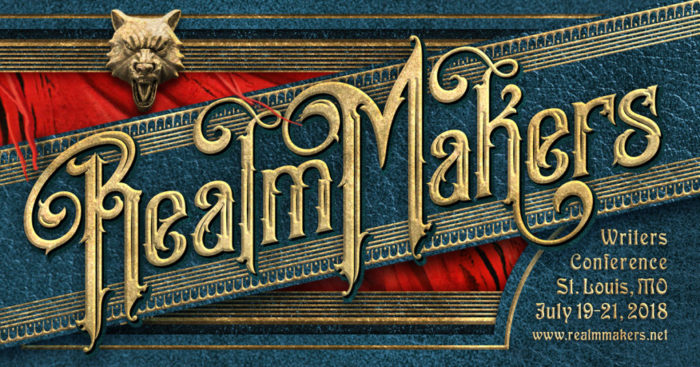What is a car-universe? That’s what I’d be thinking on reading this (if I hadn’t written it myself).
Let me start off by playfully suggesting has nothing to do with the fact that if you say “car-universe” five times fast, it sounds at least a little like “carnivorous.” đ
No, this post is the beginning of a multi-part series in which I’m going to offer a partially original proof for the existence and work of God, a proof that I will make extensive use of an analogy to explain.
That’s where the “car-universe” comes in. I’m going to use an analogy of an automobile without a motor as a way of talking about the universe. I first thought I would call this series, “The Car Without A Motor,” because that’s what the analogy will talk about. But then, worried I would get people thinking about automobiles too much, I thought it might be better to call this, “The Universe Without A Motor.” But then that sounds weird, too. Is the universe supposed to have a motor?
Faced with a tough decision between two alternative titles, I came down squarely in the middle. I decided to adopt both of them, a la hyphen. Because doing so is a bit quirky–and I hope those of you reading this might actually appreciate that.

This free image off the Internet (pexels.com) may show an actual “car-universe”…or er, maybe not…
To get this started, let’s imagine as a theist (I imagine most readers of Speculative Faith are theists) you’re having a conversation with an atheist. The atheist says to you, “The idea of God or gods is an extraordinary idea. Extraordinary ideas require extraordinary proof. I see no extraordinary proof for the existence of God. Ergo, God does not exist.”
Note that while the conversation above is a hypothetical one, I have no intentions of making any straw man atheists here. I’ve had real atheists say to me what I just said numerous times. Perhaps ten times, though I don’t specifically recall how many–but I assure you this is something atheists in fact say. At least some of them. (Though they probably would not capitalize “god” if they put these thoughts in writing.)
I once asked a particular atheist what he would consider sufficient proof for the existence of God. “Oh, water being turned into wine right in front of me. That would do it.”
That remark rather surprised me. It seemed…too easy. That’s all?Â
I was 19 at the time and rather new to talking to atheists. I replied, “Then I will pray that God will make something like that happen in your presence.” He looked at me strangely when I said that.
About five years later I was having a conversation with another atheist and I asked the same question. He laughed and said, “You’re right. There’s probably no particular piece of evidence extraordinary enough to convince me God exists. Even if I saw a miracle, I would just think I was hallucinating it.”
Note I was still pretty green to this type of conversation. I was not actually questioning that he would not accept any evidence. I was merely asking, quite sincerely, what level of evidence would be enough for him. I was surprised by his honest reply and didn’t know what to say next.
Though I did re-evaluate my first conversation. The first atheist in fact was probably lying when he said turning water into wine would be enough. He probably anticipated I was aiming to argue that no level of evidence would be enough for him, so he headed off my argument before I got there by establishing a level of proof that would sound altogether reasonable.
Though I was not in fact making that argument. I was just asking, very sincerely. Which he probably realized was the case after I said I would pray he would see the evidence he was looking for–which is why he looked at me with that odd expression on his face. (Sadly, I do not now believe he was really looking for any evidence of God’s existence–he was merely trying to win the debate.)
That experience of mine is something readers of this post should keep in mind. It’s a fiction enjoyed by Christians in films like God’s Not Dead that portrays atheists collapsing before simple Christian argumentation and either giving up their position or converting. Atheists are very often, if not 100% always, experienced at this sort of debate, more than most Christians. And, even if you “get them” in the debate, they in general won’t admit it. They will claim to have won, even if they offered worse reasoning or made less sense. That’s reality.
So if a simple analogy about the nature of the universe pointing towards the existence of God is unlikely to make atheists change their minds about God, why create it? Well, first, the idea behind the analogy is essential to understanding the universe at all and so is worth understanding in its own right–I’m merely trying to make it more comprehensible with my analogy. Second, theists benefit from being reminded why the idea of a unified Creator God is actually rational (my method is just one of many ways to do this). And third, it may be that an atheist would actually read and consider this line of reasoning–consider, instead of looking for ways to dodge the implications of what I will say in this series.
So back to the first conversation I mentioned, the hypothetical one, with an atheist demanding “extraordinary evidence” for the existence of God. What I recommend is that a theist answer, “The universe itself. It’s extraordinary evidence that God created it.”
The atheist could maybe argue the universe is not extraordinary, that’s it’s the very definition of “ordinary,” since it is what every regular thing is made of. “Seriously?” I’d reply. “The universe, with all its glories–and the fact it exists at all, is not extraordinary?” I could give specific examples of why the universe is extraordinary, but in fact the atheist does not have to accept them. So the debate could end right there.
But presuming at least you could get the atheist, at least for sake of argument, to agree the universe is extraordinary, he does not have to agree the universe constitutes any kind of argument for the existence of God. By the way, the use of “he” for the hypothetical atheist does not account for female atheists and the fact some atheists don’t believe in binary gender. But atheists are more often than not male–so this series will mostly continue with the use of “he.”
Also by the way, note that using the universe as evidence for the existence of God is not at all new. It was around 3,000 years ago that Psalm 19:1 was penned, which states: “The heavens declare the glory of God, and the firmament sheweth his handiwork” (KJV). An idea which the Apostle Paul repeated about 1,000 years later by saying, “For the invisible things of him from the creation of the world are clearly seen, being understood by the things that are made, even his eternal power and Godhead; so that they are without excuse” (Romans 1:20, KJV). And many Christian apologists have also fashioned arguments for God’s existence based on the existence of the universe.
Yet there are some new scientific discoveries that feed into what I will say in this series, discoveries that in some cases are less than five years old. So hopefully this series will present at least some partially new information for you readers.
This post is already getting long, but I need to make clear one basic idea that supports my main analogy before I stop for this week: Do cars without motors move forward? Well, if they’re going downhill they can. But if going uphill without inertia, a motor is necessary.
So if we think of the universe as being like a car, is the universe doing the equivalent of going downhill? Doing just what you would expect it to do from a reasonable, pre-defined beginning? Showing no evidence of any supernatural intervention?
Or is it in effect going uphill? Acting in a way that’s unnatural, in away a car requires a motor to perform?
Of course the readers here are going to anticipate I’ll argue that the universe is doing the equivalent of going uphill in some important ways. Tune in for future installments to see how and why I argue that way.
In the meantime, what are your thoughts on this topic? Please share them!
 the fabric of their stories.
the fabric of their stories.



































 Hereâs what the Lorehaven team,
Hereâs what the Lorehaven team, 












 But, digging even deeper, reminding myself of the very reason behind our veneration of this day, perhaps I, too, can find some magic in it. C. S. Lewis certainly did:
But, digging even deeper, reminding myself of the very reason behind our veneration of this day, perhaps I, too, can find some magic in it. C. S. Lewis certainly did:
 The difference to be drawn here is this: The raising of Lazarus and the others was the reversal of death, a return to the life (and body) that we all have known; the raising of Christ was the resurrection from death â the body raised in glory, an onward journey into a life of which we have not even dreamed. âFor the trumpet will sound,â Paul wrote to the Corinthians, âthe dead will be raised imperishable, and we will be changed.â
The difference to be drawn here is this: The raising of Lazarus and the others was the reversal of death, a return to the life (and body) that we all have known; the raising of Christ was the resurrection from death â the body raised in glory, an onward journey into a life of which we have not even dreamed. âFor the trumpet will sound,â Paul wrote to the Corinthians, âthe dead will be raised imperishable, and we will be changed.â


